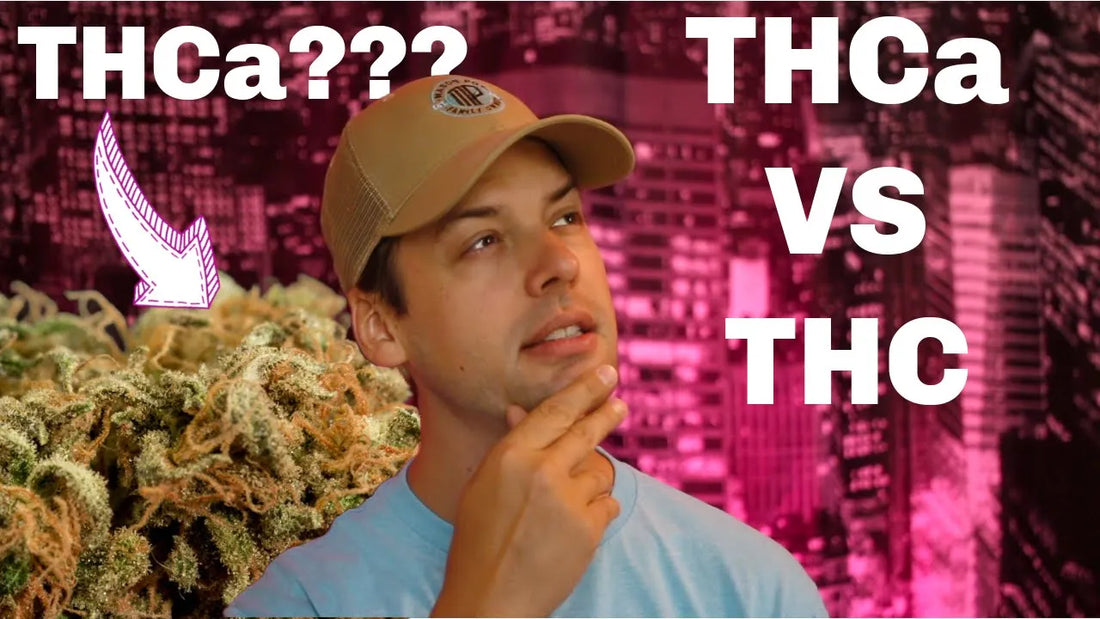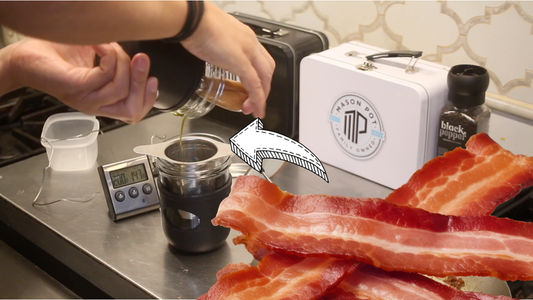Understanding THCA: The Non-Psychoactive Precursor to THC
Introduction to Cannabinoids
In the ever-evolving world of cannabis, new compounds and their effects continue to emerge, sparking curiosity and debate. Among these, Tetrahydrocannabinolic acid (THCA) and Tetrahydrocannabinol (THC) are two closely related compounds often found on the labels of cannabis products. Despite their similar names, THCA and THC differ significantly in their chemical structure and effects on the body.
The Science Behind THCA and THC
THCA is the acidic precursor to THC, the primary psychoactive component in cannabis. The difference lies in their chemical structure: THCA contains an extra carboxylic group, making it larger and unable to fit into the CB1 and CB2 receptors in the brain, which are responsible for the psychoactive effects of THC.
The Conversion Process
When cannabis is heated, through smoking, vaping, or cooking, TH CA undergoes a process called decarboxylation, where it loses its carboxylic group and becomes THC. This transformation allows THC to interact with the brain's receptors and produce the well-known psychoactive effects associated with cannabis use.
Why is THCA Gaining Popularity?
The rising interest in THCA can be attributed to its legal status and potential benefits. Unlike THC, THCA is not psychoactive and does not produce a high, making it a legal gray area in many regions, particularly within the hemp industry.
The Hemp Loophole
Hemp-derived products are legal under federal law as long as they contain less than 0.3% THC. This has led to the proliferation of THCA-rich products, which remain legal because they technically do not contain THC until heated. This loophole has made THCA popular among consumers looking for products that are on the edge of regulatory boundaries.
Practical Uses of THCA
THCA has various applications, particularly in the realm of edibles and other cannabis-infused products. To activate THCA into THC, heat must be applied, making it a perfect candidate for:
- Vaping and Smoking: Applying direct heat through methods like joints, bongs, or vapes triggers the conversion of THCA to THC.
- Cooking and Baking: Incorporating cannabis into recipes involves heating, which similarly converts THCA to THC, making it effective for edibles.
Activation Methods
To utilize THCA in cooking, it can be decarboxylated in an oven before being added to recipes. This ensures that the THCA is converted into THC, allowing for the desired psychoactive effects to be experienced when consumed.
The Future of THCA
As the cannabis industry continues to grow, the legal landscape around THCA is expected to evolve. There is speculation that upcoming regulations, such as those potentially introduced in new farm bills, may address the loophole that currently allows THCA to be sold legally. ### The Industry Impact and Consumer Trends
The popularity of THCA and its presence in the market have significant implications for both the cannabis industry and consumers. Many traditional cannabis businesses are feeling the pressure as hemp-derived THCA products become more accessible. This competition is reshaping the market dynamics, pushing companies to innovate and adapt to the changing legal and consumer landscapes.
Competition in the Cannabis Market
Traditional dispensaries and cannabis companies have invested heavily in their operations, from cultivation to retail. However, the emergence of THCA in the hemp market has introduced new competitors, such as local smoke shops that can sell similar products without the stringent regulations faced by licensed cannabis businesses. This has led to a call for clearer regulations to level the playing field and ensure product safety and quality across the board.
Health and Safety Considerations
The rise of THCA also brings to light concerns about product safety and lab testing. The variability in THC content in some THCA products raises questions about the accuracy and reliability of lab tests and product labels.
The Importance of Reliable Lab Testing
Accurate lab testing is crucial to ensure that consumers are informed about the content of their cannabis products and that these products are safe to use. The industry has seen instances of discrepancies in THC levels, which can be attributed to various factors including lab practices and the natural variability in cannabis plant chemistry.
Looking Ahead: Regulation and Innovation
As the cannabis industry continues to evolve, so too will the regulations governing it. The anticipated review of the farm bill and other regulatory frameworks is expected to address the loopholes currently exploited by the hemp industry regarding THCA.
Potential Changes in Legislation
The ongoing review of cannabis-related legislation is likely to result in tighter controls over hemp-derived products, including those containing THCA. This could mean more stringent testing and labeling requirements, and possibly a reevaluation of what constitutes legal hemp.
Conclusion: The Evolving Landscape of Cannabis
THCA exemplifies the complexities and opportunities within the cannabis industry. As consumers continue to explore and embrace new cannabinoid products, the industry must navigate the challenges of regulation, competition, and consumer safety. The future of THCA, whether as a niche product in the hemp market or as a subject of stricter regulations, will significantly influence the broader cannabis market dynamics.
Understanding the nuances of THCA not only helps consumers make informed choices but also aids businesses in aligning their strategies with legal and market trends. As we move forward, the dialogue between consumers, businesses, and regulators will play a crucial role in shaping the cannabis industry's trajectory, ensuring that it remains innovative while prioritizing consumer safety and product integrity.
Let me know if you have any questions about THCA, and I'll be happy to address them. Stay informed and engaged as we continue to explore the fascinating world of cannabis together.
Get 10% OFF All Mason Pot Products https://masonpot.com/discount/masonpot10




